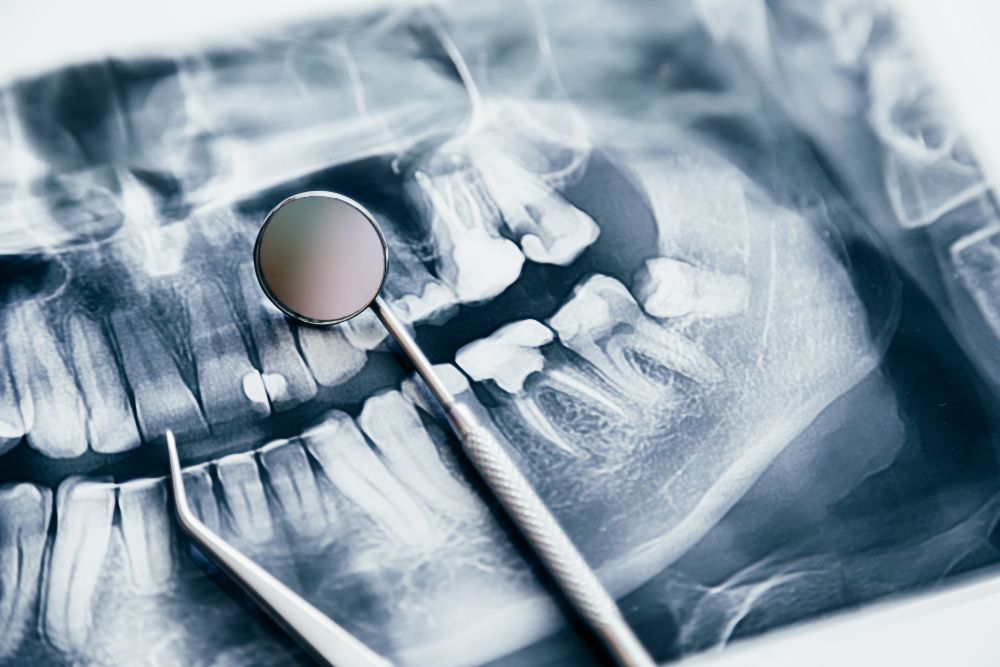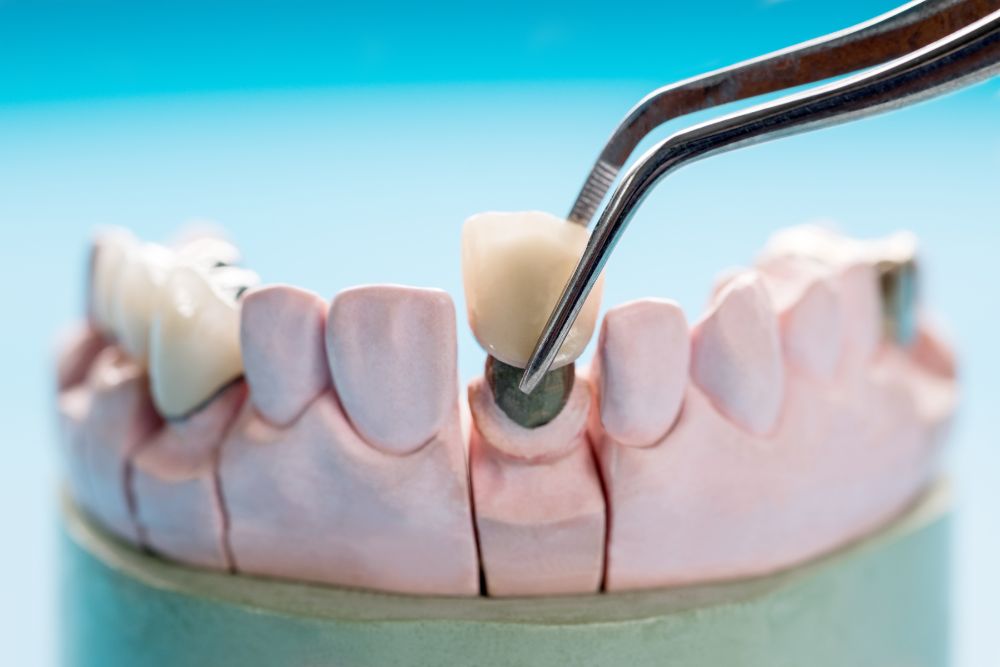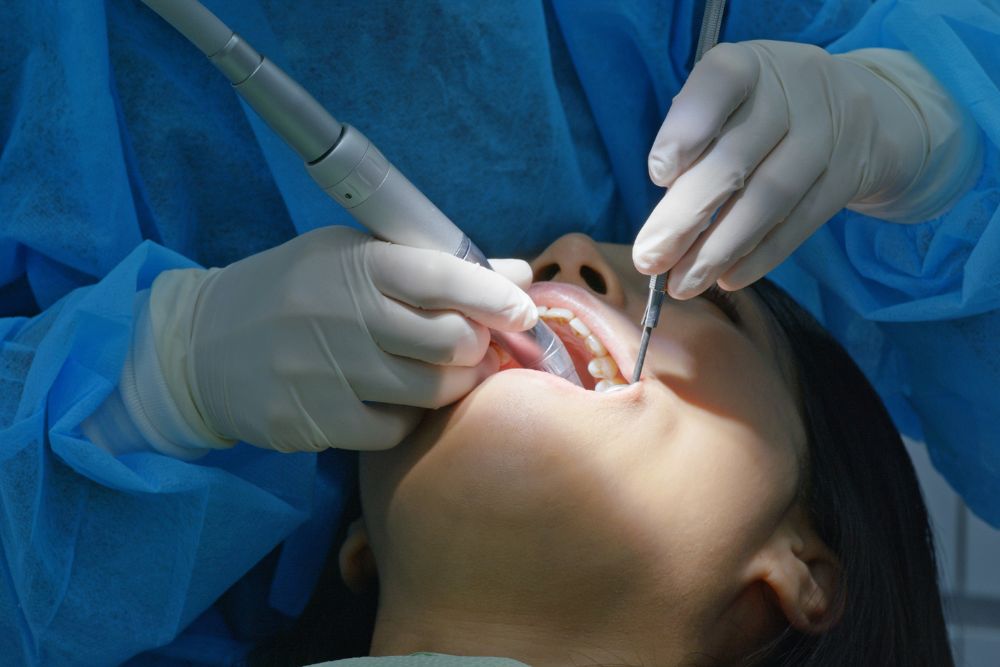Endodontist

Our Endodontics specialty focuses on treating the interior of your teeth, ensuring that you keep your natural smile for years to come. If you’re facing tooth pain or have concerns about your dental pulp, we’re here to help!
Understanding Endodontics
- What is Endodontics? This specialty deals with the treatment of the inner parts of your teeth, including the pulp and root canals. It’s primarily known for root canal therapy, which saves teeth with damaged or infected pulp.
- Why It Matters: The dental pulp contains nerves and blood vessels. If it gets infected (often from deep cavities or injury), it can cause severe pain and may even lead to tooth loss if not treated.
Root Canal Therapy
- How It Works: During a root canal, we remove the infected or damaged pulp, clean and disinfect the root canals, and fill them with a safe material. We then seal the tooth with a crown or filling to restore its strength and function.
- Why Choose This? This procedure not only relieves pain but also saves your natural tooth, allowing it to function normally and avoiding extraction.
Thorough Diagnosis and Assessment
- Comprehensive Exams: Our endodontists conduct detailed examinations to check for signs of infection, pain, and swelling, helping to identify the need for treatment.
- Advanced Imaging: We use X-rays or digital imaging to visualize the root canals and plan your treatment effectively.
Complex Endodontic Treatments
- Retreatment: If a tooth that’s already had a root canal is causing issues, we can perform retreatment to fix it by removing the old filling material and re-treating the canals.
- Surgical Options: For cases where traditional treatments aren’t enough, procedures like apicoectomy (removing the root tip) can help promote healing.
Cutting-Edge Techniques
- Microscopic Endodontics: Our use of advanced microscopes enhances visibility, allowing for precise treatment in complex cases.
- Laser Endodontics: Lasers help disinfect root canals and promote healing, reducing discomfort and speeding up recovery.
Post-Treatment Care
- Recovery and Follow-Up: After treatment, some mild discomfort is normal but usually manageable with over-the-counter pain relief. Regular follow-ups ensure your tooth heals properly.
- Restorative Care: We recommend a crown or filling to protect your treated tooth, ensuring it can withstand normal chewing forces.




